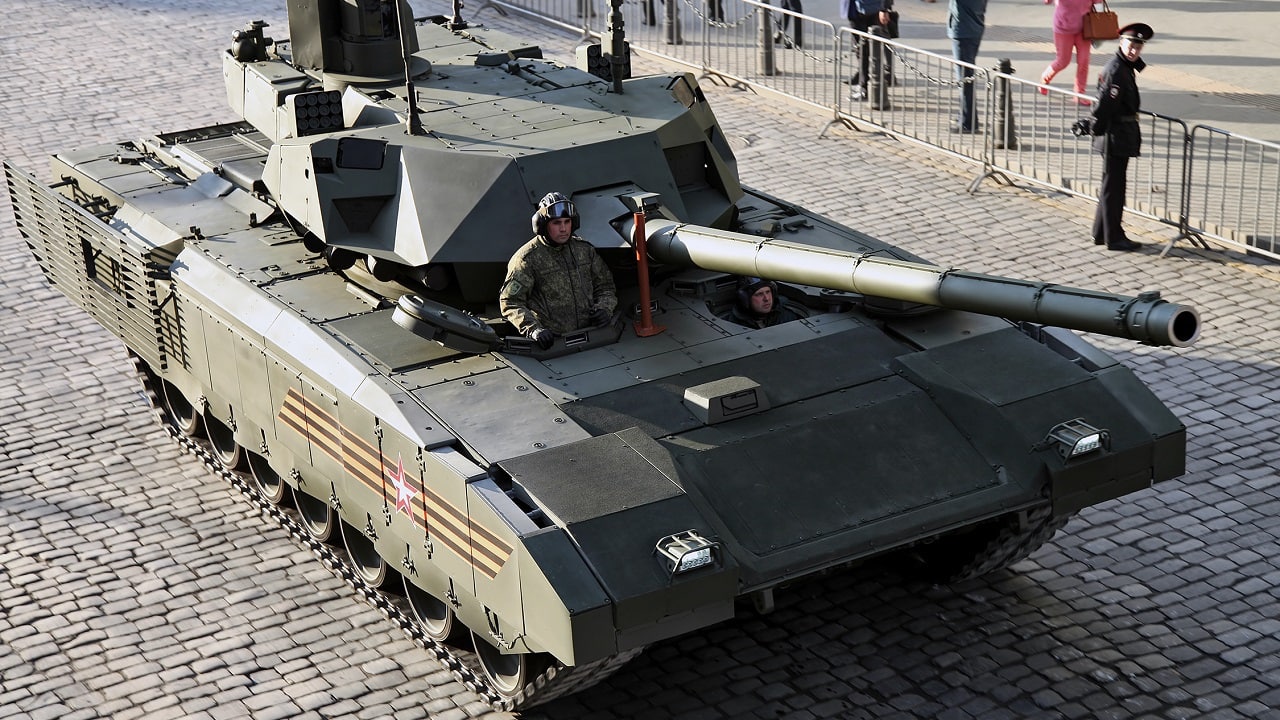The last month has seen attacks and acts of destruction in the Ukraine-Russia War that may constitute war crimes. Ukraine and Russia have accused each other of orchestrating these attacks.
On June 1 and 2, the Kakhovka dam was breached along the Dnipro river, causing massive flooding and environmental pollution. The dam is located on Ukrainian territory occupied by Russia. Its breach threatens the water supply to Crimea. On June 6, a pipeline supplying ammonium gas from Russia through Ukraine was detonated, releasing the poisonous gas into the atmosphere. Finally, there have been repeated incursions into the Belgorod Oblast of Russia by Russian and Polish volunteers supposedly fighting independently of Ukrainian armed forces to liberate Russia from President Vladimir Putin’s regime. These attacks have included artillery strikes on civilian settlements. Ukraine and Russia have denied involvement in these attacks, likely to avoid attribution for state responsibility for war crimes in any post-conflict tribunal.
Unleashing Deadly Forces
The Kakhova dam is not the first one to be attacked and cause massive flooding in this conflict. The Karachunivske dam was reportedly struck by Russian aerospace forces on Sept. 14, 2022, causing massive flooding in Ukrainian President Volodymyr Zelenskyy’s hometown. A second attack on the Pechenihy dam by Russia with ballistic missiles occurred on Sept. 24, 2022. These attacks on civilian water and power infrastructure may violate the law of armed conflict (LOAC).
Ukraine and Russia are both signatories to Additional Protocol I (API) of the Geneva Conventions that should govern this conflict. A primary principle in API and LOAC is the distinction of protected civilians and civilian objects from valid military targets. Civilians and civilian objects “shall not be the object of attack” under API, Article 52(1). API, Article 52(2), meanwhile, limits valid military targets to “those objects which by their nature, location, purpose or use make an effective contribution to military action and whose total or partial destruction, capture, or neutralization, in the circumstances ruling at the time, offers a definite military advantage.” The United States is not a signatory to API, but it accepts the LOAC principle of distinction in its own DOD Law of War Manual and Commander’s Handbook on the Law of Land Warfare.
The attacks on the dams and their hydroelectric power plants might be considered valid military operations. The flooding might degrade Russian defensive positions further downstream, and as water levels fall, this may allow an easier river crossing for Ukrainian forces to attack the Russians. Importantly, the attacks on the hydroelectric power plant deny the Russian forces the use of electricity. The United States views attacks on electric power stations as valid, since these are dual use objects.
One should consider whether the flooding violates the principle of proportionality. LOAC recognizes that civilians might not always be protected in armed conflict. Proportionality prohibits attacks that risk excessive “loss of civilian life, injury to civilians, [or] damage to civilian objects” that are excessive to any military gain (API, Aritlce 51(5)(b)). Belligerents are required to conduct a proportionality analysis before attacking and take precautions (API Article 57(2)(b)) to reduce potential harm to protected civilians.
While the damage to civilians is not yet known, the attack on the Kakhovka dam seems to expressly violate the prohibition on unleashing deadly forces. API Article 56 prohibits attacks on facilities containing dangerous forces. These facilities are listed as “dams, dykes, and nuclear generating stations.” It should be noted that such facilities may be attacked or captured if this can be accomplished without releasing the dangerous forces. The breached dam is a clear violation of this prohibition and may have resulted in another violation of LOAC under AP I, Article 55 which prohibits damage to the natural environment.
Attribution and State Responsibility
The denials and counteraccusations by Ukraine and Russia for these attacks may be meant to avoid direct attribution and therefore accountability in front of a post-conflict tribunal. Both Russia and Ukraine have prosecuted soldiers for war crimes in the conflict, albeit as violations of their own domestic criminal codes. A post-conflict war crimes tribunal would need to clearly attribute these attacks to a military or government official by establishing state responsibility.
The Articles on State Responsibility (ARS) were drafted by the United Nations International Law Commission to determine when a state may be held accountable for its wrongful acts. They were endorsed with United Nations General Assembly Resolution 56/83 in December 2001. The articles will attribute the attacks if it is established that a state actor committed them (ARS Articles 4–5) or if they were later endorsed by the state (ARS Article 11). Any investigation will have to show the attackers were under the effective control of Russia or Ukraine for the state to be held responsible (ARS Article 8).
The Ukraine-Russia War is not yet near its conclusion. No doubt there will be further incidents involving alleged war crimes. It may be years after the conflict before these may be properly investigated and referred to a tribunal.

